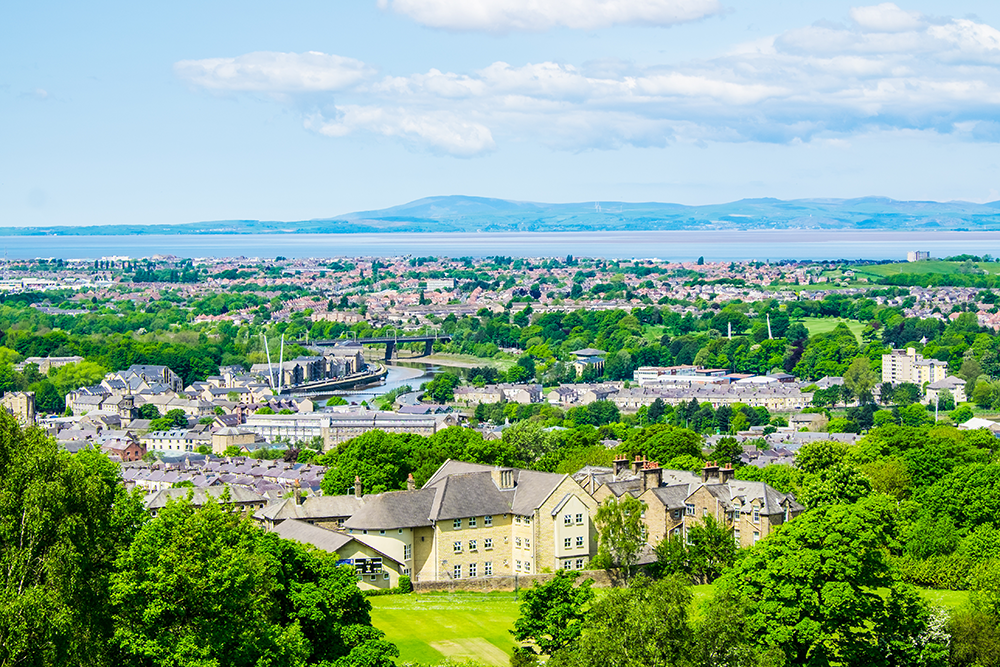A lot of us in the North West are quite used to the idea of devolution. We’ve had two elections for elected Mayors in Liverpool and Greater Manchester, and the likes of Andy Street, Sadiq Khan and Ben Houchen, whilst not household names, may evoke some sense of recognition.
What all of the above elected mayors have in common is that they all represent devolution deals to metropolitan areas. In fact, only two of the 11 existing devolution deals are in non-metropolitan areas. Just one (Cornwall) has managed it without agreeing to an elected Mayor.
But might Lancashire be on the cusp of breaking new ground here in the North West?
County devolution
Counties have long been overlooked for devolution deals. Their varying landscapes, demographics, economies, and diversity of political allegiances meant that it was easier for Government to pick off the “low hanging fruit” of generally Labour-dominated metropolitan areas.
But the collapse of the fabled red wall in 2019 and sweeping Tory gains in 2021 have forced ministers to look again at how devolution to more rural communities could deliver the almost mythical goal of ‘levelling-up’ towns and villages away from the north’s major conurbations.
So what about Lancashire?
After several years of deadlock, political leaders across Lancashire are on the cusp of agreeing a bid calling for devolution of £5.6bn to the county. The money, like that previously handed to other areas, would be spent on housing, transport and skills.
But unlike other parts of the region, Lancashire has been clear that it does not want an elected Mayor as part of any devolution deal. Previously, this had been a sticking point between the County and Government, but Boris Johnson’s declaration last summer that there was no “one size fits all” template for devolution removed that hurdle.
Why should we care?
Aside from the additional funding that a devolution deal could provide to cash-strapped local authorities across Lancashire, devolution offers the chance to streamline decision-making, devolve more powers to a local level and strengthen cooperation across the county.
For businesses looking to invest in the county, all of this should be good news. For example, could a devolution deal featuring “earn back” – where the county gets a slice of the additional tax revenue generated by local investment in infrastructure – lead to the likes of Pendle Council championing the Blackpool Airport Enterprise Zone? Or more urban authorities agreeing to focus new housing around the county’s main transport hubs?
Devolution deals thus far have created an uneven playing field between those where they exist, and those where they don’t.
Whilst it is a tricky task to keep all 15 political leaders agreed on the ‘New Deal for Lancashire’ and there will inevitably be bumps along the way, Lancashire does offer a glimmer of hope suggesting that is about to change.
If you need help understanding the local political landscape or would like to discuss this topic further, then please do not hesitate to get in contact with Sean Fielding.
This article first appeared on Place North West’s website. You can view it here.




